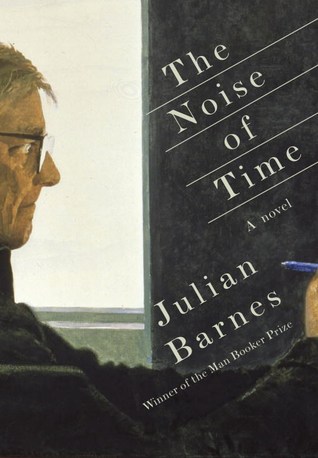More on this book
Community
Kindle Notes & Highlights
This was how you should love—without fear, without barriers, without thought for the morrow. And then, afterwards, without regret.
Who could tell what the future would believe? We expect too much of the future—hoping that it will quarrel with the present.
From now on there would be only two types of composer: those who were alive and frightened; and those who were dead.
He had never joined the Party—and never would.
After five years of Lenin’s New Economic Policy, he had written to a friend that “Heaven on Earth will come in 200,000,000,000 years.” But that, he now thought, might have been over-optimistic.
Yes, he had been naive about Caesar. Or rather, he had been working from an outdated model. In the old days, Caesar had demanded tribute money, a sum to acknowledge his power, a certain percentage of your calculated worth. But things had moved on, and the new Caesars of the Kremlin had upgraded the system: nowadays your tribute money was calculated at the full 100 percent of your worth. Or, if possible, more.
Besides, the whole country was a punishment cell: why introduce a child so early to what it would see quite enough of in its lifetime?
The natural progression of human life is from optimism to pessimism; and a sense of irony helps temper pessimism, helps produce balance, harmony.
But music is intended to be heard in the period when it is written. Music is not like Chinese eggs: it does not improve by being kept underground for years and years.
What could be put up against the noise of time? Only that music which is inside ourselves—the music of our being—which is transformed by some into real music. Which, over the decades, if it is strong and true and pure enough to drown out the noise of time, is transformed into the whisper of history.
One person could truly believe in the rights of another person—in their right to Free Love. But yes, between the principle and its implementation often lay some anguish.
Perhaps this was one of the tragedies life plots for us: it is our destiny to become in old age what in youth we would have most despised.


